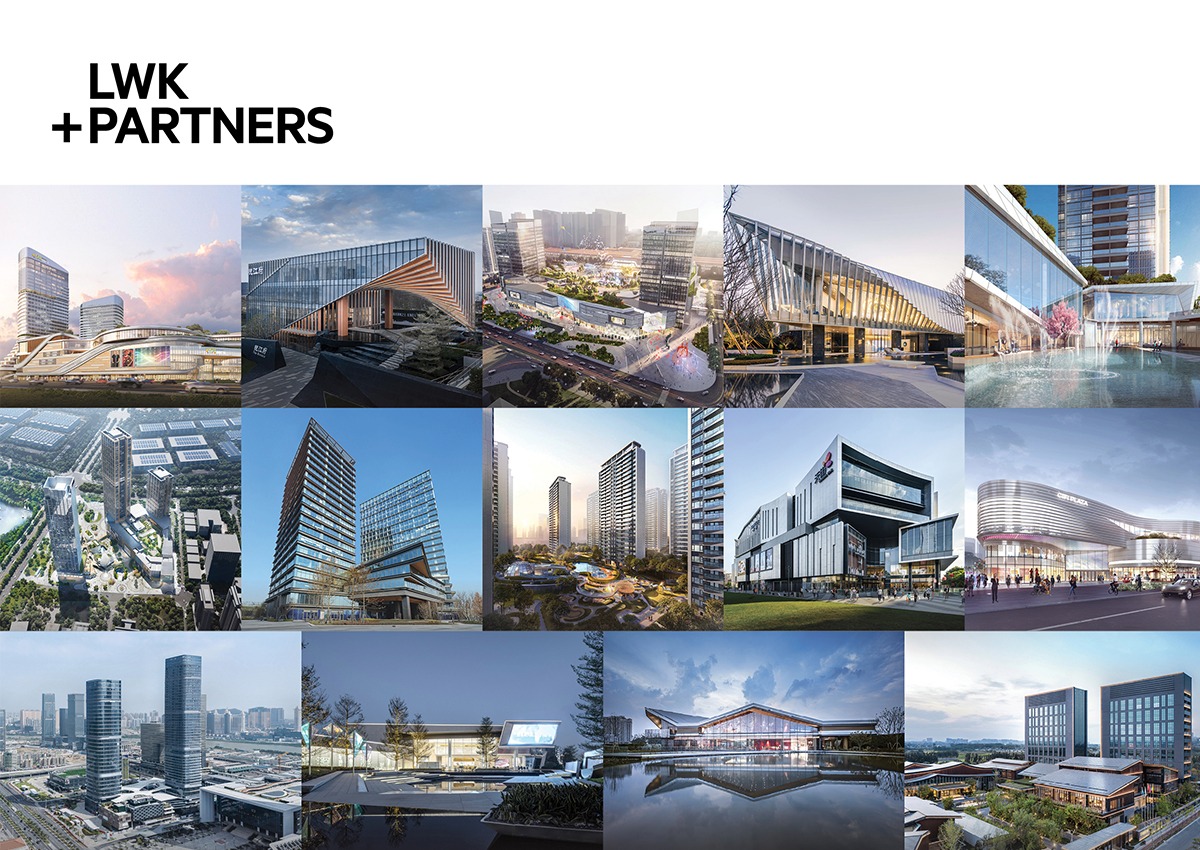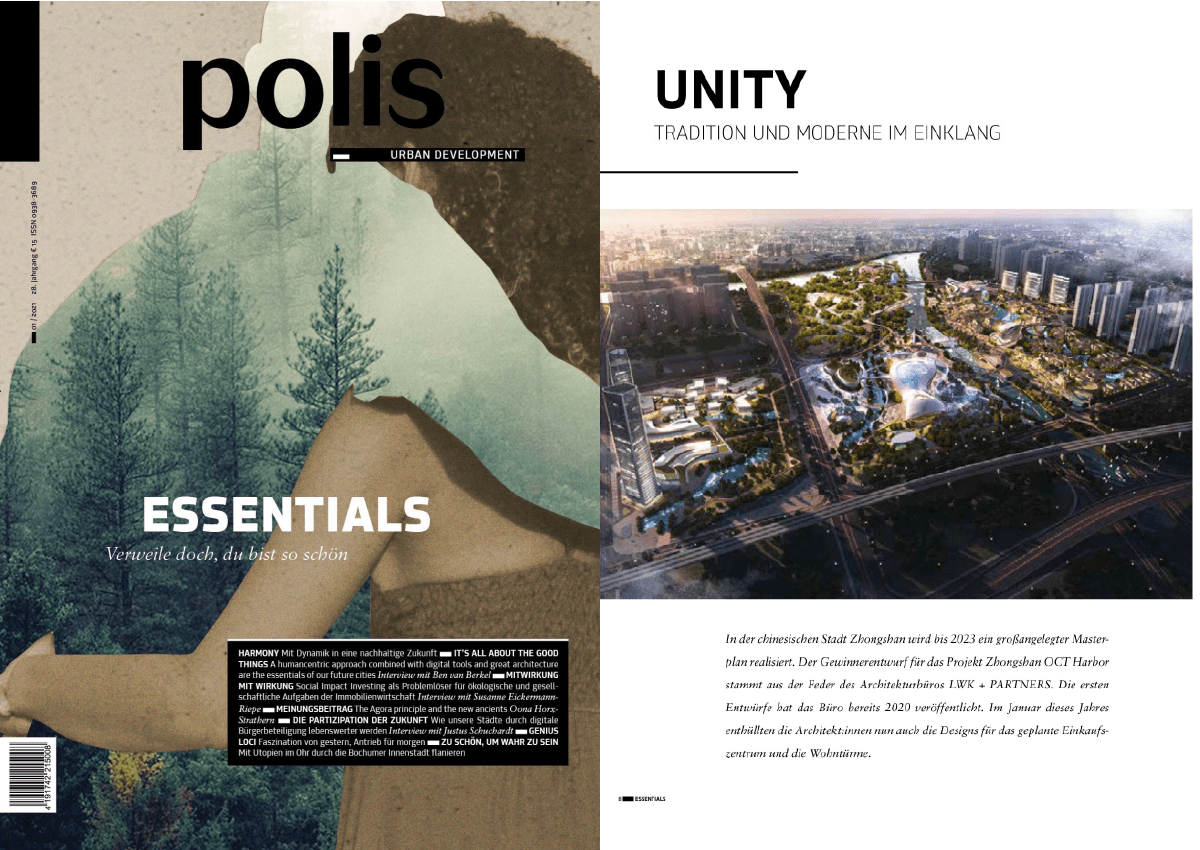20 April 2021
Ivan Fu highlights China’s influence in future international collaboration at HKIA Belt and Road Forum 2021
China’s Belt and Road Initiative (BRI) is one of the largest international collaboration programmes the world has ever seen, gathering unprecedented public and private investments in an ambitious process of promoting standards of living, economic opportunities as well as deeper cross-cultural exchange.
Our Director Ivan Fu joined a highly interactive and insightful panel discussion alongside the region’s top strategists and practitioners at The Hong Kong Institute of Architects Belt and Road Forum 2021 last Friday 16 April, sharing astute observations on the development prospects under the BRI.
As infrastructure projects sprout across Belt and Road countries bringing huge economic and commercial incentives, Ivan highlights how the implementation of a national strategic programme is fast expanding into a global phenomenon. China’s ‘Go Out’ policy has enabled its urbanisation expertise to be exported and adapted with local characteristics in different countries. This, notes Ivan, presents valuable opportunities for the architectural and engineering communities to come together and achieve long-standing common ambitions including humanised, smart cities, responsive environments and carbon neutrality in collaborative projects.
He also brought forward Hong Kong’s unique position in bridging the China experience and the needs of the international community. While China’s remarkable urban development capabilities are crucial to BRI’s implementation, local people, culture and environment must also be properly respected and engaged for true collaboration to take place. With a long history of multicultural encounters, Ivan thinks Hong Kong practices are strongly capable to act as mediators between well-intentioned stakeholders.
LWK + PARTNERS actively takes part in global collaboration and infrastructural development with projects in key areas of China, Southeast Asia and MENA. By partnering with local governments and visionary developers, the practice aims to bring world-class design perspectives into urbanisation programmes to make it a socially and culturally enriching process.



